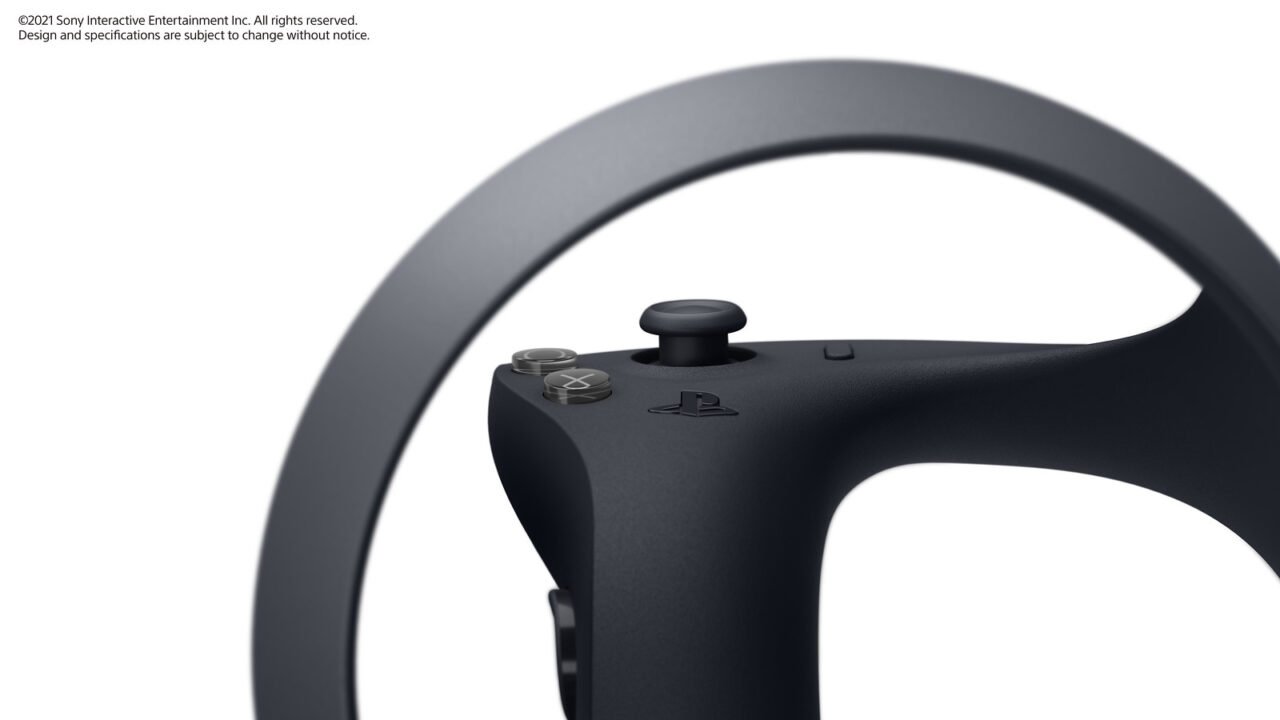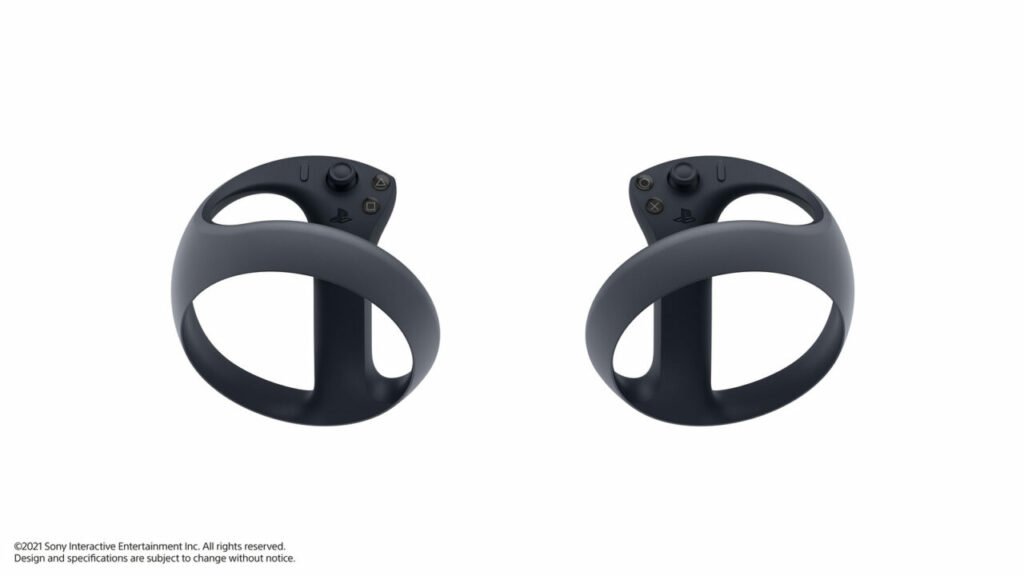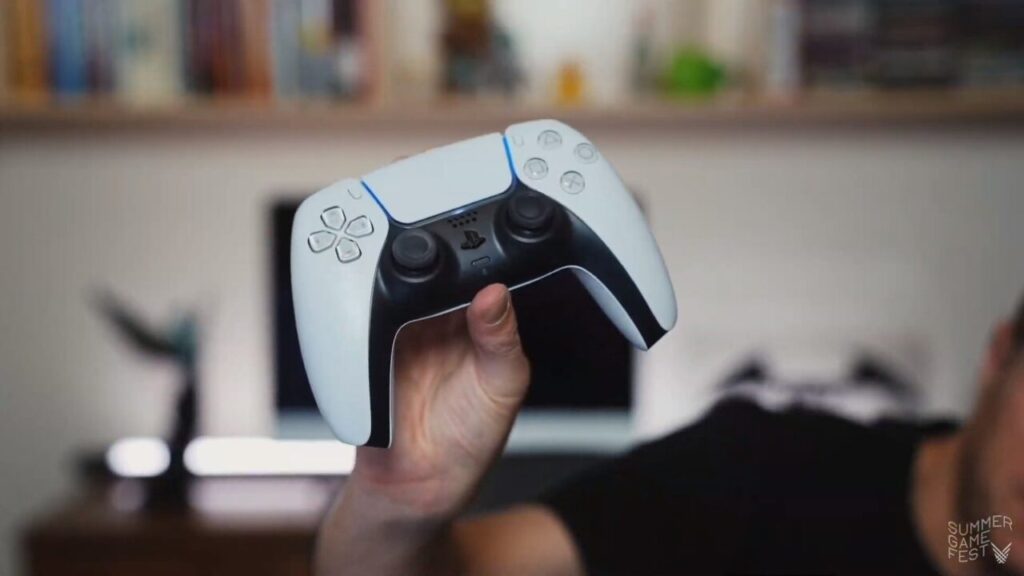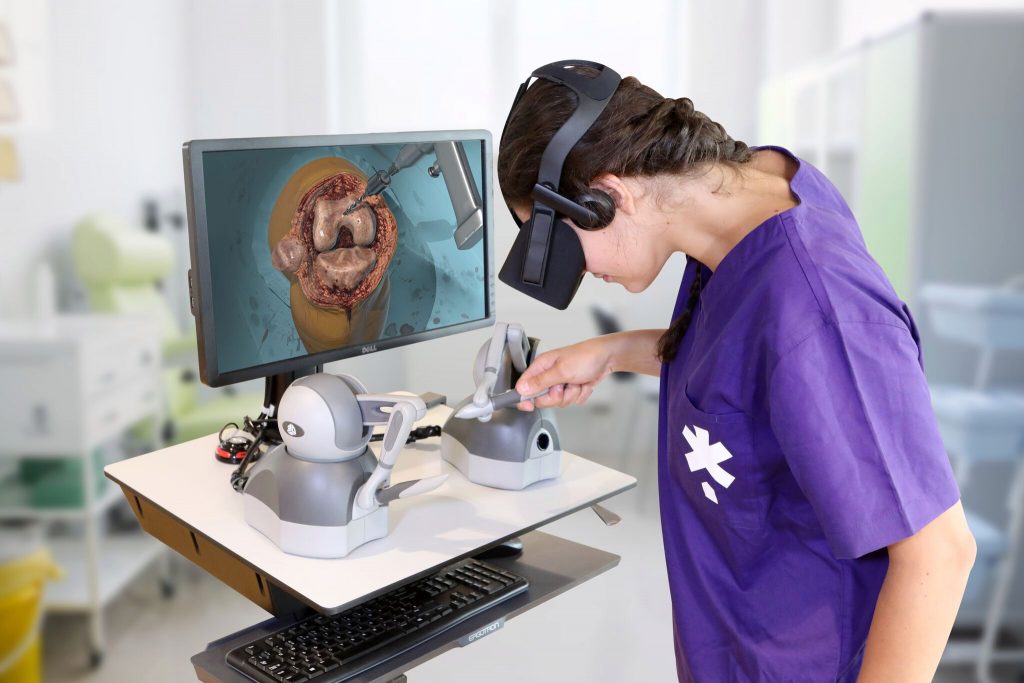PSVR Is Still A Niche And The PS5 Won’t Change That

New information about the next instalment of PSVR, coming to PS5 consoles, is here. But, is it worth getting excited about?
The first Virtual Reality headset, The Sword of Damocles, was invented in 1968 by Ivan Sutherland and Bob Sproull. Although the term “Virtual Reality” wasn’t popularised until over a decade later, their work started an important journey into how we perceive and interact with the digital world.
From Star Trek: The Next Generation’s Holodeck, to Ready Player One’s OASIS, the world has been in awe of what the future holds for Virtual Reality systems and how they can be used to change the way we live.
We know we’re getting a bit ahead of ourselves here, but Sony’s discussions on where the PlayStation Virtual Reality system is headed next raises some interesting questions and highlights some exciting possibilities about what’s to come.
But, is there any reason to really get excited by this?
LATEST – New PSVR Controllers Revealed
Earlier this week, we got a brand-new look at the next generation of PSVR controllers. We’re not certain that this will exactly be the final product, but the PlayStation Blog post about the new controllers seems pretty sure-fire that this will be the final design.

They have an “orb” shape that will allow for more freedom and a natural feel, according to PlayStation.
In addition to this, they have Adaptive Triggers, Haptic Feedback, Finger Touch Detection and the button inputs of a standard DualSense controller.
READ MORE: Pokemon Go gets VR demo during Microsoft event
It seems like an incredible leap in technology, but is this enough to convince you to look into the next-gen PSVR release? We still don’t know about the Headset improvements yet, either. How far can SIE push VR technology while keeping it moderately affordable.
Original Article Below
Looking at Statista, we can glean some interesting information about how well the current PSVR system is selling.
PSVR is Still a Niche
Since it’s launch, PSVR has sold around five million units as of January 2020. We know this is a little behind given we’re a year in the future, but when you compare this to the sales of the actual console, this pales in comparison. Not to mention the fact that we still haven’t seen that “VR boom” we were hoping for.
Less than 5% of PlayStation 4 owners have purchased a PSVR System. To put this into perspective, Ghost of Tsushima sold this many copies between July and August last year.
Of course, Ghost of Tsushima, and any game for that matter, are substantially cheaper than a PSVR system and there lie the issues. Or, rather, arguably the main issue.
PlayStation VR is a niche, an experience only available to those who have a substantial amount of disposable income, and when you combine that with the fact that people can hardly even get their hands on a PS5 at the moment… You have to wonder if there’s any point in getting excited about it all.
DualSense Features Seem Promising
Hideaki Nishino, Senior Vice President of Platform Planning and Management at PlayStation, delivered the update on the future of the PSVR System and its appearance on PS5 consoles via the PlayStation Blog.
In his post, he detailed a few things worth noting about the upcoming PSVR System but you have to imagine that it isn’t going to make it any more accessible in the future.
” One of the innovations we’re excited about is our new VR controller, which will incorporate some of the key features found in the DualSense wireless controller, along with a focus on great ergonomics.”
Nishino discusses, in a similar way to how we were discussing the DualSense Controller prior to the PS5 launch, that the new PSVR controller will aim to be “future-proof”.

We all agree that the DualSense is great and the features that come with it would be very suited to VR play, however, what will that do to the price?
The PSVR was £349 / $399 when it launched in October 2016, which is the same price as what the PlayStation 5 Digital Edition was on launch.
When you consider this, on top of the fact that the additional VR Controllers can cost anywhere up to an extra £80 / $100 on top of this, it reinforces the idea more and more that the latest gaming experiences are reserved for the “elite”.
This is partially why Fortnite has been such a resounding success. It was the first title in the Battle Royale genre to be free-to-play and have the equivalent of a Triple-A title’s support from the development team.
PUBG is undeniably successful, but with it being a paid title it was always doomed to be beaten by another title.
Of course, we know Fortnite is a crossover-insane mega-hit nowadays, but it’s an interesting example of how accessibility can bring huge success.
READ MORE: Best Fortnite Gaming Mice to Improve Your Game
Obviously this wouldn’t work as well for a PSVR System, but the additional features that are being proposed will only drive each unit price up to the point where it will be almost impossible to justify alongside the rising price of games and the need for peripherals for the “full experience”.
Larger Uses For Sony’s PSVR Technology
Still, even if the large majority of PlayStation owners will never get the chance to experience the wonders of the PSVR system, whether that’s on their PS4 at the moment or a PS5 in the future, it’s undeniable that Sony is doing great things for the future of the technology.
In particular, the Haptic Feedback and Adaptive Triggers that the DualSense Controller boasts could be beyond useful when applied to the Healthcare Industry and its’ use of Virtual Reality.
Currently, VR Systems are used on both sides of the scalpel. Doctors can use a virtual reconstruction of the interiors of the human body to help with identifying methods of procedure and for training purposes.

On the flip side, VR technology is useful for patients as it can be used to demonstrate procedures and give them further insight into their own anatomy.
With Adaptive Triggers and Haptic Feedback, this will only become more accurate and could even simulate a wider variety of medical practices. Fixing malunion fractures, where a broken bone begins to heal with a deformity, or a controlled rib-breaking could be more-accurately simulated with these technological advancements.
Obviously, these are largely non-lethal procedures, but when you look into those that are a higher risk to the patient’s life, you can see why the technology could be really useful.
The Long Wait
In any case, Sony has confirmed that the PSVR System won’t be making it’s way to the PS5 until 2022 at the very earliest.
Nishino confirmed this news with the following statement below:
” There’s still a lot of development underway for our new VR system, so it won’t be launching in 2021. But we wanted to provide this early update to our fans, as the development community has started to work on creating new worlds for you to explore in virtual reality.“
Of course, there is little more information than that and the whole tone of it suggests that Virtual Reality games will be the primary focus of the PSVR system. However, you have to wonder as to whether Sony should look to collaborate with external financiers and developers to bring their possibly ground-breaking to a wider audience.
If not to the wider audience of PlayStation gamers, but the medical professionals and those whose lives could be saved by these advancements.
Do you think Sony’s planned developments in their PSVR Systems will usher in a new era of advanced VR technology across the board? Do they have a responsibility to share these improvements?


